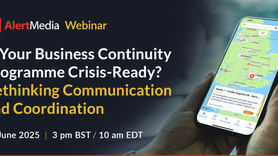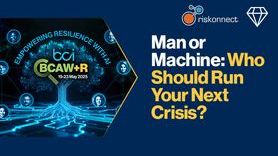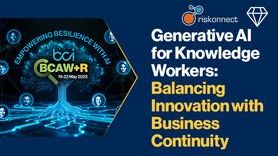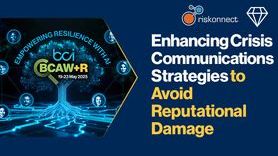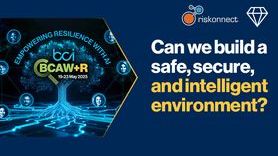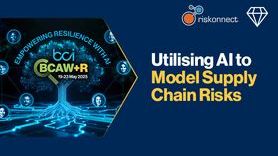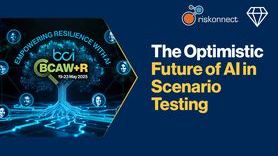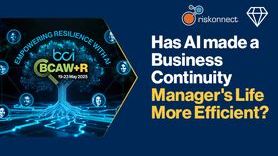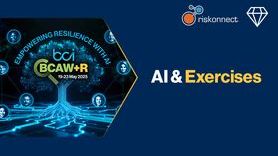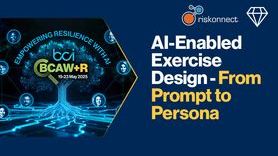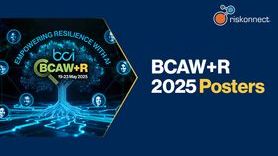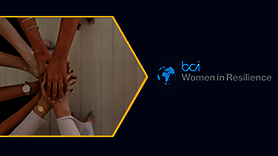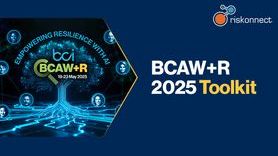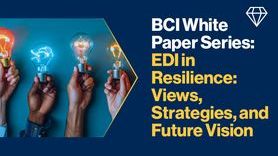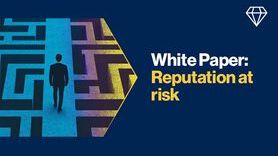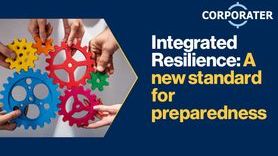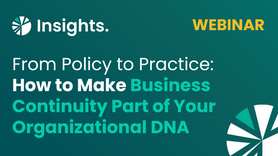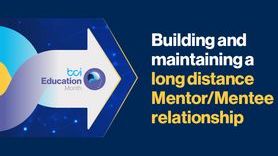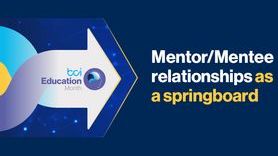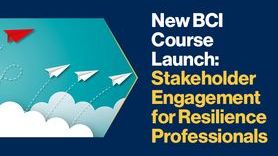Women in Resilience (WiR) Spotlight: Fatima Azeem
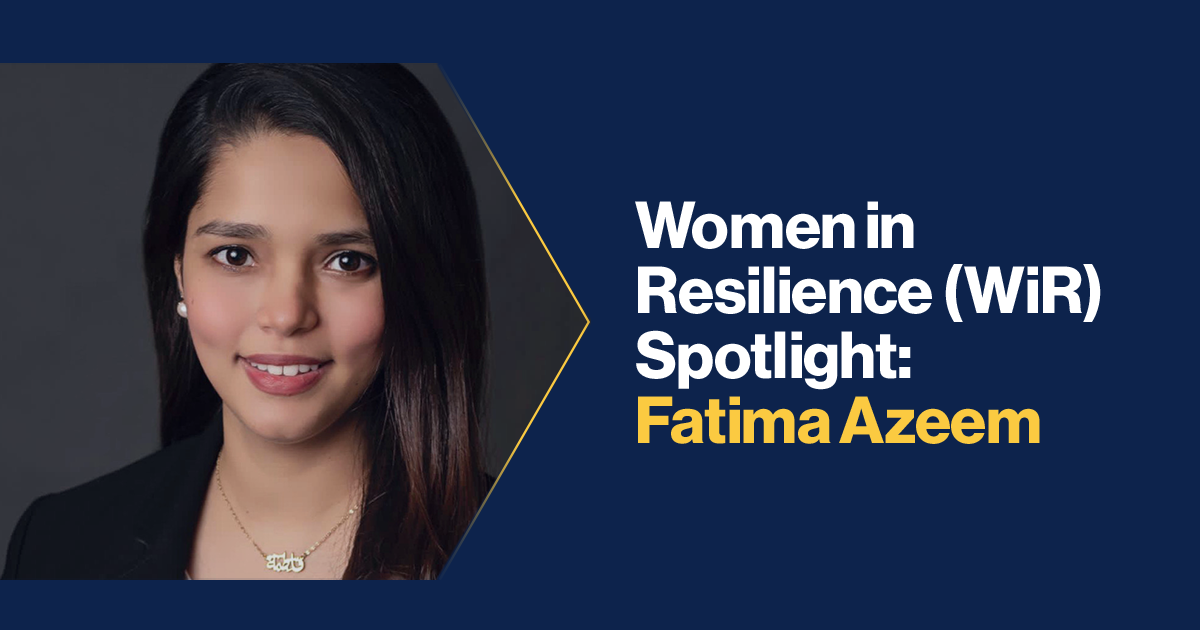
Fatima Azeem, an associate member of the BCI, has over 6 years of experience in business continuity, in both private and public sector organisations across the Middle East and Canada. Her role in the field includes working with a team to write guidelines and design training programs for the UAE’s Business Continuity Standard, as well as leading multiple BCM engagements with global organisations across various industry sectors - including financial, education, energy, insurance and government agencies.
What brought you into the industry?
My father – Mr. Muhammad Azeem Memon.
I have always shared a healthy relationship with my father, who has always been my best friend and mentor. Back in the day, when we both arrived home from work, we used to talk about our day, the exciting happenings in our office, and his stories always fascinated me. He used to tell me how they were conducting interviews for Business Impact Analysis (BIA) and how they were coming up with strategies. At that time, I had recently graduated and was working for a telecommunications company as a Retail Sales Executive, but I always wanted to do something different and unique. One evening, he handed me the ‘BCI Good Practice Guidelines 2010’ and suggested for me to read it. It took me nearly three weeks to read it all and, to be honest, I did not understand a lot of it, but there were some parts I could relate to from the stories that my father had shared with me. My dad had definitely seen the spark in my eyes when he used to tell me his work stories; and my interest in business continuity grew more after reading the Good Practice Guidelines.
How did you reach your current position? What challenges did you face?
It was a bit of a ‘bumpy ride’, but thanks to hard work, flexibility and determination, I was able to reach my current position. I entered the industry at a time when most of my colleagues were older men. It was a great challenge to get where I am now and convince them to see me as a peer and an equal. But challenges are a part of life, they have allowed me to learn and grow with every success and failure that I have experienced. With every challenge that I face - whether professional or personal - I try to keep a positive attitude and see the glass half full instead of half empty.
Which specific skills do you think are needed to become a leader in your field?
Firstly, one thing that I have learnt is that in addition to technical skills, it is equally important to work on leadership and team management skills. I believe that one of the most essential skills is the ability to motivate people and have a positive, enthusiastic and up-beat attitude, as well as communicating effectively.
Secondly, I have learnt that being confident and thinking/observing critically are also necessary skills. With this, I don’t mean one has to be a brilliant writer or an impeccable orator, but rather have the ability to express themselves well, whether it is in writing or presenting in front of people. Critical observation comes in handy when doing a Business Impact Analysis, planning, developing BC strategies, when testing and in exercises, and other stages of BC implementation.
Thirdly, being innovative and having problem solving skills. Every stage of implementing business continuity is critical and has its own sets of challenges; therefore, the ability to apply both a logical and creative approach to solving problems is important.
Finally, I cannot stress enough the importance of having a mentor. This may not qualify as a skill, but having a mentor can be of great help, especially if you are a newcomer in this field. When choosing a mentor, ensure it is someone that displays the skill set you are looking to develop.
Do you think that the BCI WiR initiative will influence our industry? If yes, how?
Definitely! I think having a diverse group in any field is beneficial, not only due to diversity of demographics, but diversity in ideas. I think women can bring a fresh perspective to the area of resilience, and the WiR initiative will help to highlight some of the strong women in the industry, and hopefully encourage a newer generation of young women to pursue business continuity as a career and bring in their own perspectives and ideas.
What changes would you like to see in the profession?
I would love to see more women become a part of the BC community. It’s inspiring to see an increasing number of women working in the industry, but we still have a long way to go. The more perspectives and diversity we have in our teams, the more informed and comprehensive our plans are. Adding more competent women would do wonders for Business Continuity in any organisation.
In your opinion, why should more people be joining the resilience community?
Resilience implies one’s adaptability to change, and as we all know, change is the only constant in this world. It is critical for organisations across the world to be more agile and adaptable to the inevitable changes that they will face - and professionals in the resilience community will be key to these efforts. The rate of change is only growing, along with the need for adaptability; and I believe that the business continuity field will grow exponentially over the coming years, providing young professionals with the opportunity to join an exciting and innovative field that can be integral to organizations and, indeed, society.











